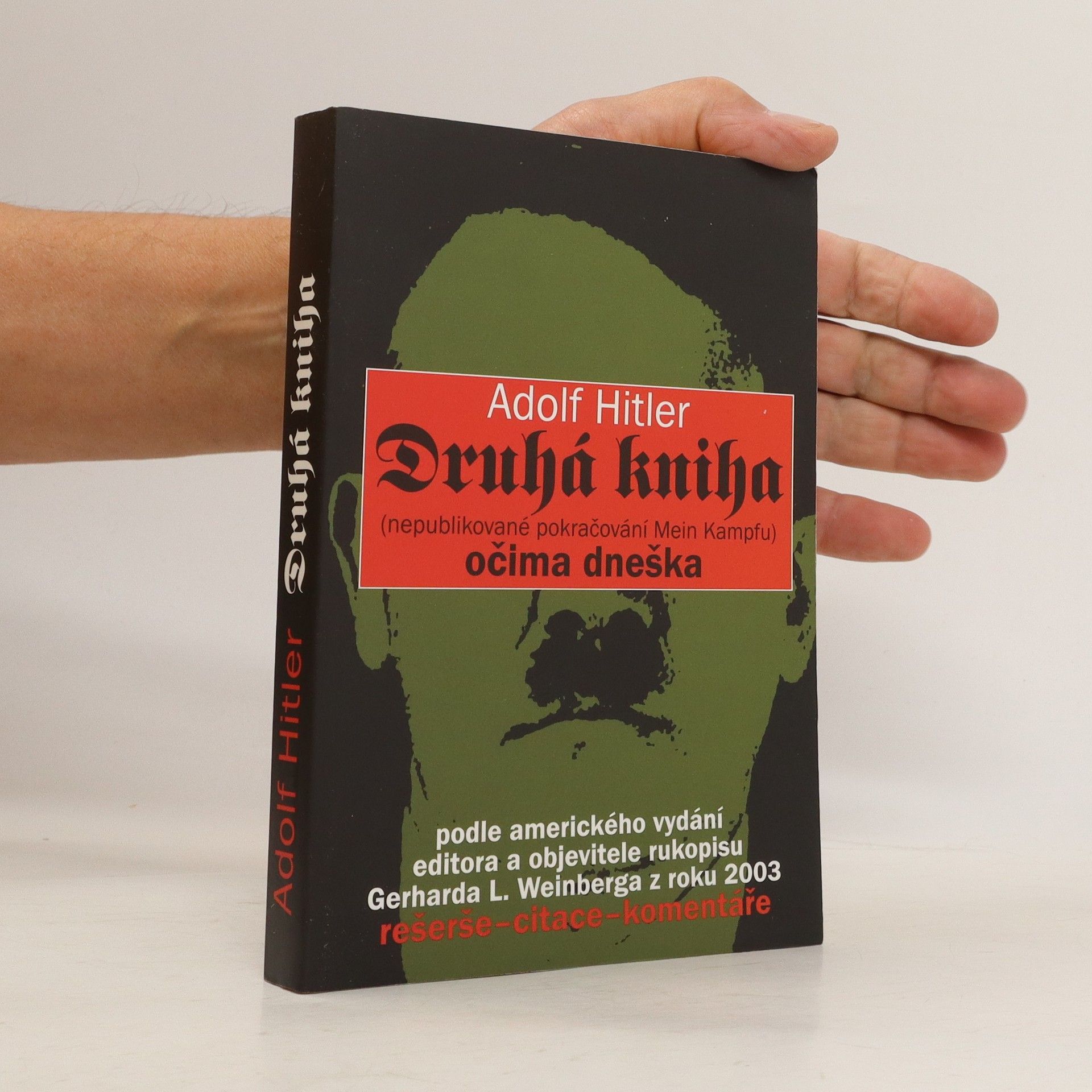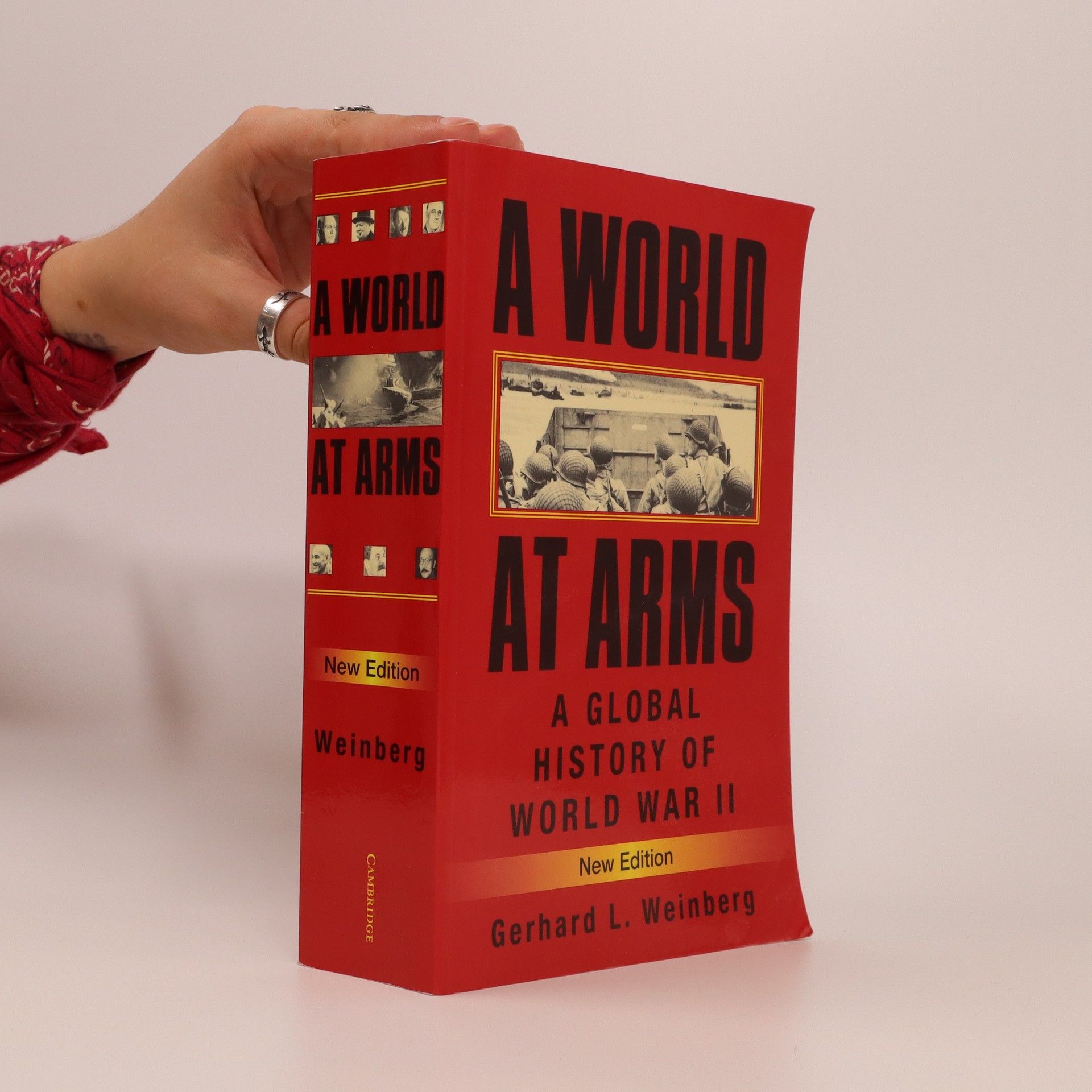A World at Arms
A global history of World War II
A truly global account of WWII - the war that encompassed six continents.
Gerhard Ludwig Weinberg es un historiador estadounidense nacido en Alemania, reconocido por sus extensos estudios sobre la historia de la Segunda Guerra Mundial. Su obra se caracteriza por un profundo análisis de las dimensiones diplomáticas y militares del conflicto. La erudición de Weinberg ofrece a los lectores una perspectiva integral de los eventos que moldearon el siglo XX, explorando las causas y consecuencias de esta catástrofe global. Su dedicación al detalle minucioso y la precisión histórica lo ha establecido como una autoridad distinguida en el campo.


A global history of World War II
A truly global account of WWII - the war that encompassed six continents.
(nepublikované pokračování Mein Kampfu)
V Americe nalezené rukopisy knihy, kterou diktoval Adolf Hitler. Po válce zabavené texty z Německa, nalezené až v 50.letech v archivech v USA. Tzv. nepublikované pokračování knihy Mein Kampf, který již Hitler nikdy nevydal. Jedná se o stejně rázné a hrůzné zápisky jako Mein Kampf.